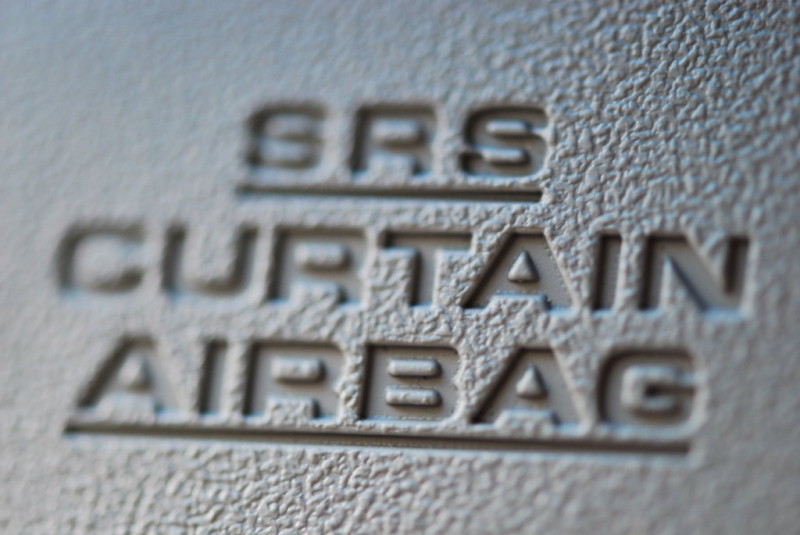
The massive Takata airbag recall now affects about 33.8 million vehicles in the United States, with another 7 million vehicles being recalled worldwide. If that wasn’t enough, at least six deaths and hundreds of injuries all over the world have been connected to the defective airbags. Canada is not excluded from this list of countries, but fortunately the damage does not seem to be as widespread.
The problem arises when the airbags are inflated, deploying with too much force and sending shards of metal and plastic into the faces and bodies of the passengers.
This is officially the largest recall in the U.S. history. The previous such record was set in 1980, when Ford had to alert 21 million customers via mailed warning stickers after discovering that their transmissions could slip into reverse unintentionally.
Recalls are bad for all parties involved, and this one is a costly one since it involves a feature that is supposed to be “lifesaving.” Even more painful is that Honda and Takata have allegedly known about this defect since 2004.
Brands Involved and History of the Recall
There are numerous models from BMW, Chrysler, Ford, General Motors, Mazda, Mitsubishi, Nissan, Subaru, Toyota and Honda dating back to 2001 involved in the recall. In terms of numbers, Honda is the most reliant on Takata for airbags of all the affected automakers.
Takata first announced that there are issues with their airbags back in April 2013. Only six makes were noted to have faulty airbags at the time, however. It was Toyota that began recalling vehicles with defective airbags, encouraging other automakers to follow suit.
In February 2015, the National Highway Traffic Safety Administration (NHTSA) began fining Takata $14,000 a day. The reason for such a penalty was because the manufacturers were not fully answering questions during the investigation process. The company can end up facing a final maximum penalty of $70-million, but the fines are currently suspended – as long as Takata is compliant with investigations.
How Takata Will Be Affected
About 40 per cent of Takata’s sales in the last fiscal year came from airbag production. The company also produces seat belts, steering wheels and various automotive parts, supplying automakers all around the world.
Takata reported that they’ll make a profit of $166 million this fiscal year. However, the company will suffer a net loss of $244 million. A positive for Takata involves the weak value of the Japanese yen. The yen translates well and earns more profit when in play for overseas business.
Nevertheless, Takata might not survive the magnitude of this recall. The Japanese government may need to step in and take on some expenditures that the manufacturing company will face.
Karl Brauer, senior analyst at Kelley Blue Book says it best: “Everyone has to keep them alive so they can fix the mess they made.”
What happens after the recall is completely is up in the air.
What the Recall Means for Vehicle Safety
The Takata airbag recall turned the spotlight on individual automotive manufacturers, and every manufacture is handling the situation a little differently. For example, Toyota is the only one who recommends shutting off airbags.
In Canada, manufacturers are responsible for reporting defective products to Transport Canada and conduct a recall campaign. The hope is that investigations and quality reassurance will be positioned in the foreground as the public demand for transparency grows.
NHTSA is working with manufactures and Takata to repair and replace the 33.8 million affected airbags. However, the process will be a lengthy one, and certain vehicles will be prioritized. Age of the vehicle and humidity levels will determine which vehicles need attention first. With such a large number, it’s inevitable that Takata airbags will remain on the road in some capacity for the time being.
Without a checkup and an experienced eye, there is no way to be certain that a vehicle is equipped with a defective airbag. The good news, of course, is that even if your car is affected by the Takata airbag recall, it may not be defective. But when a recall like this is issued, it is best to take caution.
To find out if your car was affected by the recall, please refer to this partial list supplied by Transport Canada or call your manufacturer directly via a toll-free number.






